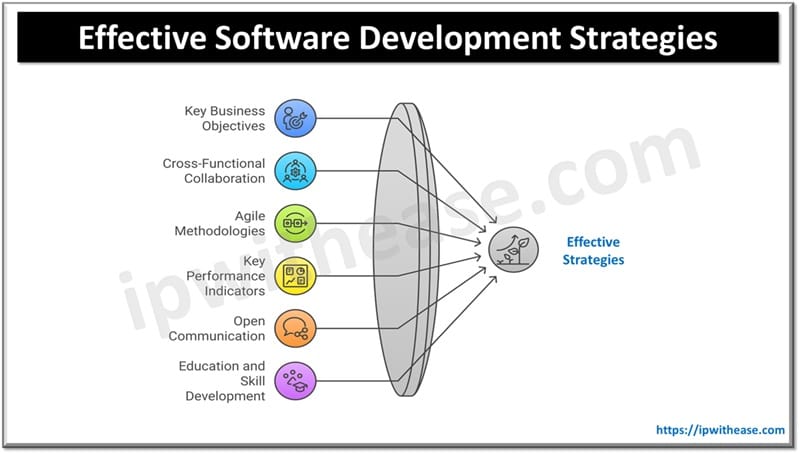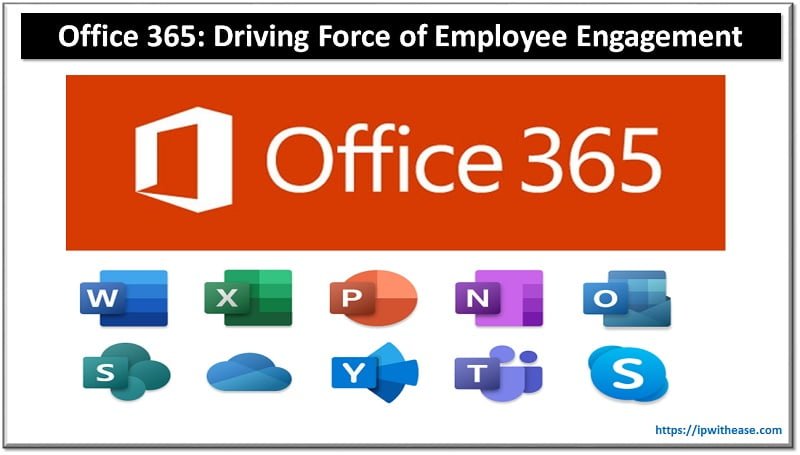Table of Contents
PayPal was one of the first online payment systems when it was founded in 1998. For years it dominated the market because it maintained good relations with banks and credit card processors.
PayPal was the first e-wallet, and it appeared to provide a convenient and user-friendly service. But more than twenty years on, that monopoly has been challenged by PayPal competitors that have found various ways to address customer pain points.
How to Choose a PayPal alternative?
When you’re looking for PayPal alternatives for your business payment solutions it’s important to look at a number of qualities and features. These include:
- Speed: Time is money, and you don’t want to be left waiting for transactions to process. Your online payment methods need to be fast.
- Ease of use: Sites like PayPal need to make the use of financial transactions just as easy or even easier than PayPal.
- Fees: If you are choosing PayPal alternatives for business, you would hope to see comparably low fees.
- Security: When it comes to online payment methods like PayPal, it is not possible to compromise on security, which must be faultless.
- Customer service: It isn’t always easy to get through to PayPal when there is an issue, so high-quality customer care is always reassuring.
PayPal Alternatives for a Small Business
Every online payment system offers a slightly different service, so the best choice may depend on your specific requirements. But here are some of the best business alternatives to PayPal:
Payoneer
Payoneer offers a service very similar to that of PayPal, but it isn’t a third-party processor or a merchant account provider. However, it does excel as a B2B service for transactions, as payments between Payoneer accounts are completely free. When withdrawing funds to a bank account in the same currency, the fees are $1.50. Payments to non-Payoneer accounts incur fees of 1-3%, depending on the particular payment method. Payoneer can be especially useful for international businesses and international freelancers, but credit card transaction fees are high, and there is an annual fee for business users.
Wise
Previously using the name Transferwise, Wise is a London-based international money transfer service. Wise provides multi-currency accounts that enable users to send money in over 40 currencies, and a debit card is available in some regions.
Fees are low, and they vary from 0.4 to 1.4% of the amount transferred. They are easy to notice and keep track of. Wise accounts are easy to set up, and the company offers a high level of customer service. With Wise, you can manage payroll, batch payments, and charge clients.
Square
Square is a leading service for credit card transactions, using digital readers to take payments by credit card, cash, and check. It also has a range of other features for online transactions, such as real-time inventory management, virtual invoicing, and payroll support.
Square is one of the best alternatives to PayPal for small businesses, thanks to its high standards of security and ease of use. It also offers small business loans. Processing fees are charged at 2.6% and 10¢ for all contactless payments and 3.5% and 15¢ for manual payments.
Apple Pay
Apply Pay is a digital wallet that can be used to make online payments, but it can’t be used for payment processing. You have the choice to store credit card information and cash balances for NFC (contactless) payments, then make use of one of the POS (point-of-sale) terminals that accept Apple Pay.
The payment system also integrates with crypto-wallets in order to enable payments made in cryptocurrency. Using Apple Pay with NFC for POS transactions is card-present, which means you can meet fraud liability for EMV standard (a security technology used worldwide for all payments done with credit, debit, and prepaid EMV smart cards.)
Stripe
Stripe is a leading alternative to PayPal as they can both be used for online and in-app payments. Stripe differs from PayPal in that it is more aimed at developers, allowing more flexible use of APIs and the ability to manage data through custom SQL database questions. Fees with Stripe are at 2.9% and 30¢ for every card payment, although payments and fees can be customized.
Google Pay
This digital wallet works in a very similar way to Apple Pay – they are both payment systems that can be used to save card information and make payments easily from any location. The main difference between them is that Apple Pay is for iPhone users while Google Pay is for Android users.
For Google Pay, you need to invest in NFC terminals, and the service also integrates with some crypto-wallets. Google Pay also has some digital marketing features, and it’s trusted and secure.
QuickBooks Payment
This is a tool that comes as part of the QuickBooks accounting software package, and it’s best used when accounts are linked to the software. QuickBooks Payments allows users to send invoices by desktop or mobile, make bank transfers, and accept payments, and they receive notifications when customers view invoices.
The fees are 4% for swiped cards and keyed-in transactions, with an added $0.25 per transaction. Invoiced cards are charged at 2.9%, and there is a 1% charge on bank transfers to a maximum of $10.
Depending on your business requirements for payment processing and financial management, there is likely to be a better alternative to PayPal. These are some of those payment services that may help you to streamline your small business.
Continue Reading:
ITSM: Benefits And Capabilities
The 10 Best Electronic Signature Apps
ABOUT THE AUTHOR
IPwithease is aimed at sharing knowledge across varied domains like Network, Security, Virtualization, Software, Wireless, etc.



